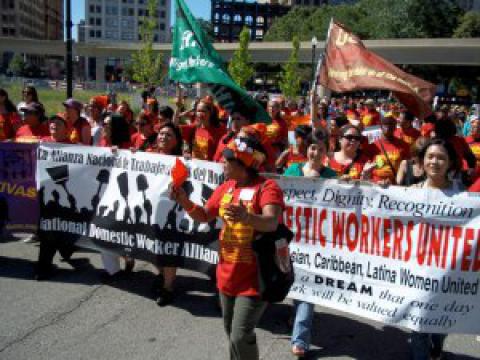Democrats Discovering Social Security Is Still a ‘Third Rail’
Campaign for America's Future

Democrats may save their senatorial bacon by realizing that supporting something that has broad support may actually win them votes.





Spread the word